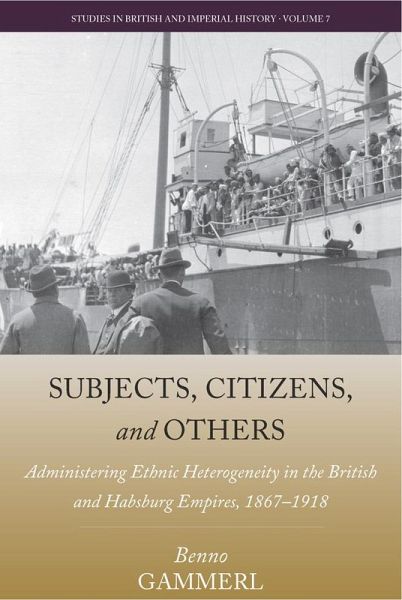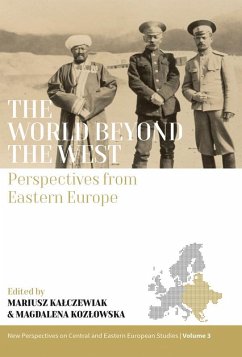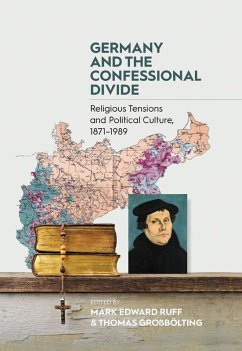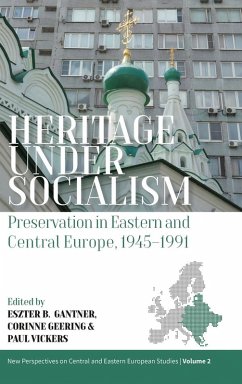
Subjects, Citizens, and Others (eBook, ePUB)
Administering Ethnic Heterogeneity in the British and Habsburg Empires, 1867-1918
Versandkostenfrei!
Sofort per Download lieferbar
18,95 €
inkl. MwSt.
Weitere Ausgaben:

PAYBACK Punkte
9 °P sammeln!
Bosnian Muslims, East African Masai, Czech-speaking Austrians, North American indigenous peoples, and Jewish immigrants from across Europe-the nineteenth-century British and Habsburg Empires were characterized by incredible cultural and racial-ethnic diversity. Notwithstanding their many differences, both empires faced similar administrative questions as a result: Who was excluded or admitted? What advantages were granted to which groups? And how could diversity be reconciled with demands for national autonomy and democratic participation? In this pioneering study, Benno Gammerl compares Habs...
Bosnian Muslims, East African Masai, Czech-speaking Austrians, North American indigenous peoples, and Jewish immigrants from across Europe-the nineteenth-century British and Habsburg Empires were characterized by incredible cultural and racial-ethnic diversity. Notwithstanding their many differences, both empires faced similar administrative questions as a result: Who was excluded or admitted? What advantages were granted to which groups? And how could diversity be reconciled with demands for national autonomy and democratic participation? In this pioneering study, Benno Gammerl compares Habsburg and British approaches to governing their diverse populations, analyzing imperial formations to reveal the legal and political conditions that fostered heterogeneity.
Dieser Download kann aus rechtlichen Gründen nur mit Rechnungsadresse in A, D ausgeliefert werden.













